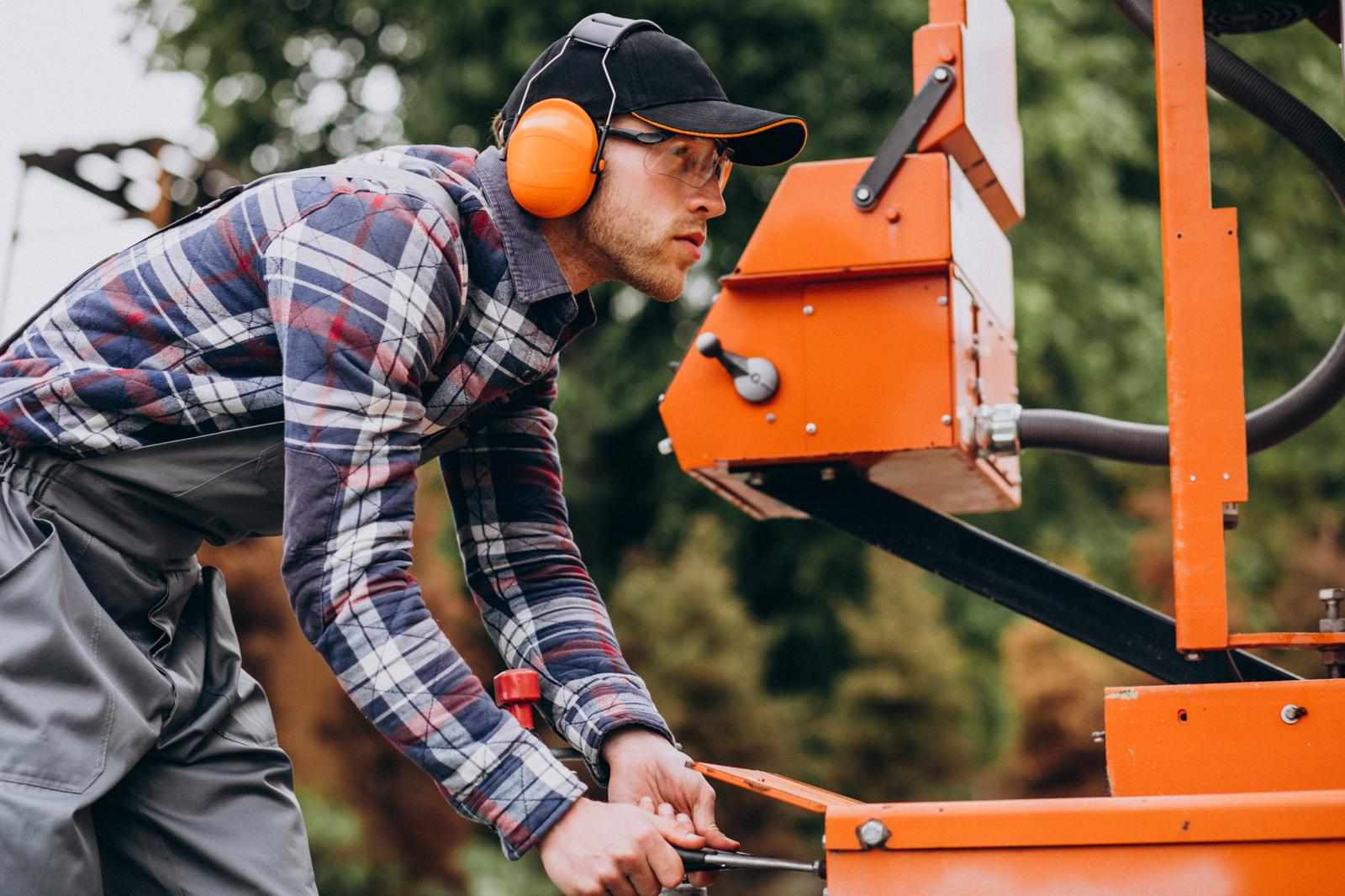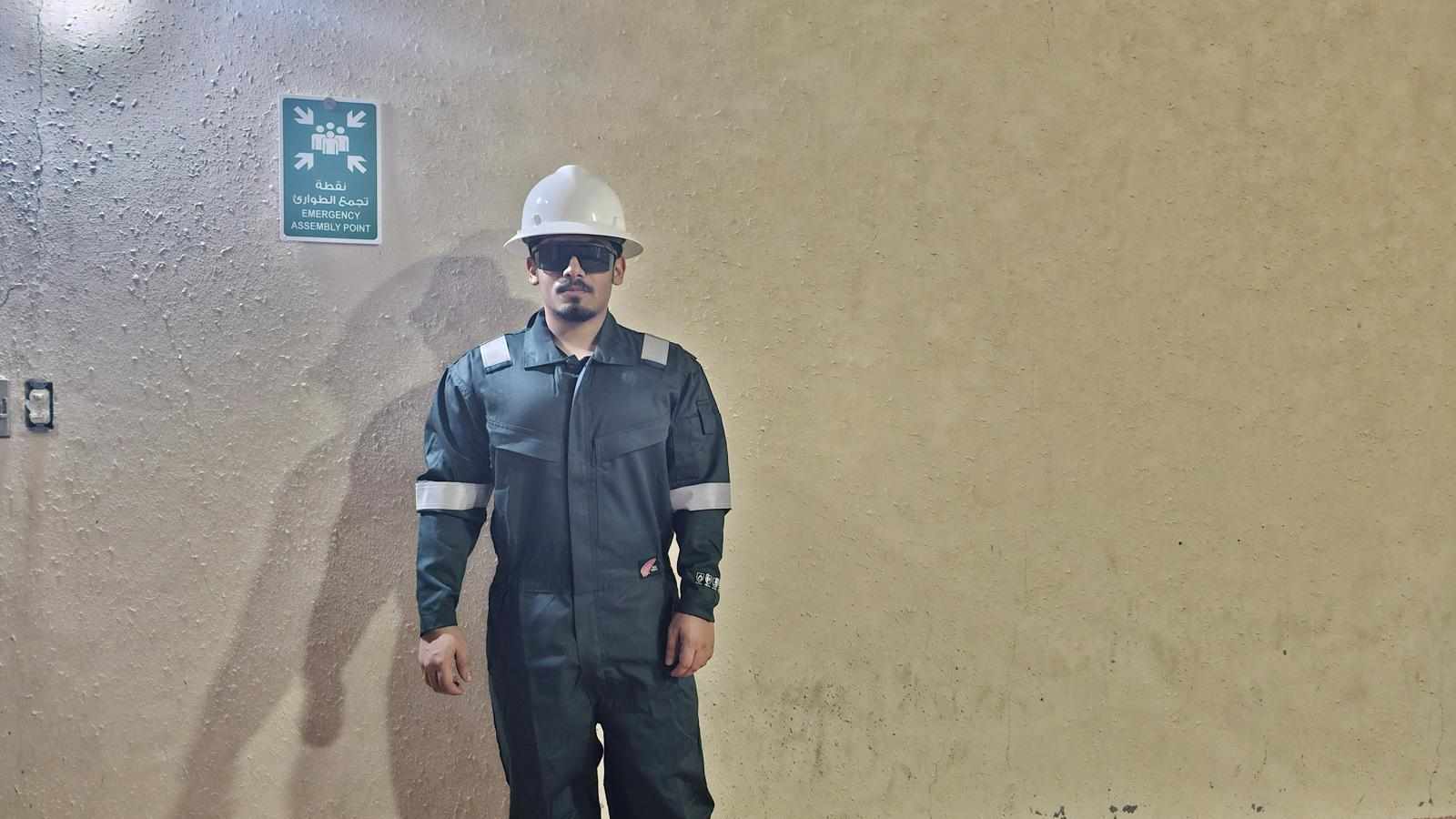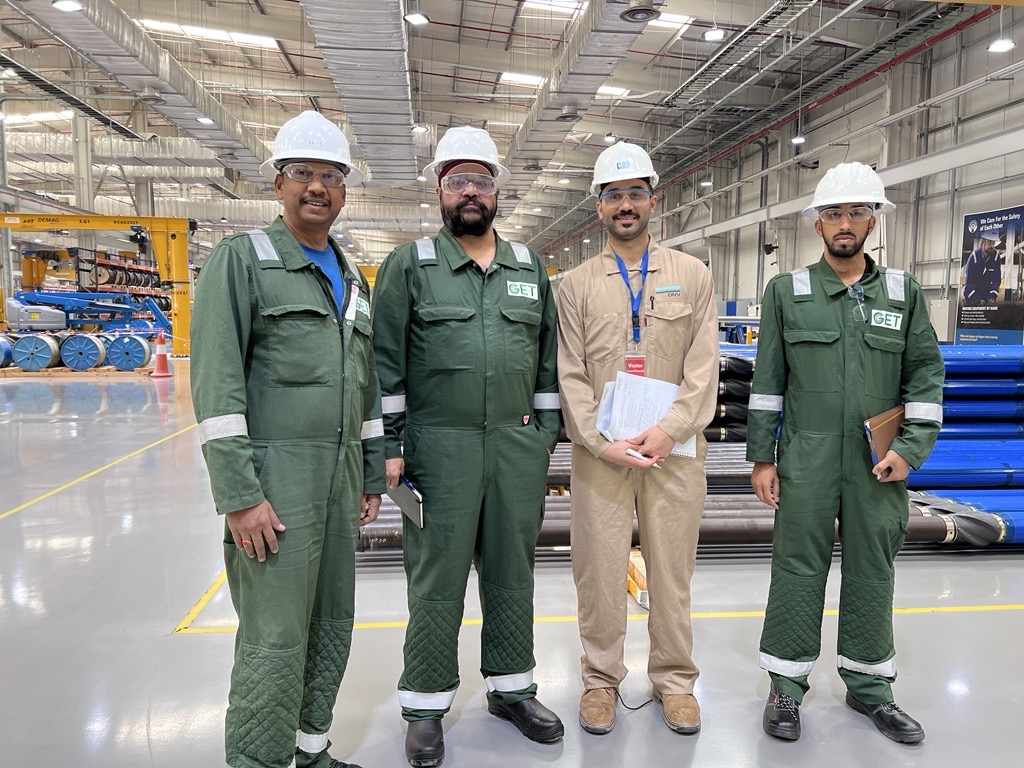
Let’s be real—the oil and gas industry is anything but simple. From harsh offshore environments to complex drilling setups and unpredictable markets, this sector comes with its fair share of headaches. Whether you're operating in the upstream oil and gas zone or managing big-scale production, things can get a bit too tricky to handle alone.
That’s where technical consulting steps in. In recent years, more and more companies in the oil and gas industry are relying on expert consultants to help them make smart decisions, fix technical issues, and reduce risks. Consultants don’t just give advice—they bring experience, fresh ideas, and tested solutions that can save time, money, and sometimes, a lot more.
What Exactly is Technical Consulting in Oil and Gas?
You might be wondering—what do these consultants really do?
Well, technical consulting in the oil and gas world is about helping companies solve tough technical problems. These experts come with deep knowledge in areas like:
Drilling and well engineering
Reservoir management
Production optimization
Equipment selection
Health, Safety, and Environment (HSE)
Digital oilfield technologies
They can either work on-site with the teams or provide remote support. What makes them valuable is their practical experience—many of them are ex-engineers or industry professionals who’ve faced these same problems out in the field.
Why Do Oil and Gas Companies Need Technical Consultants?
The simple answer? Because they can’t do everything alone.
The upstream oil and gas sector especially is full of challenges. Think of deepwater drilling, HPHT (High Pressure High Temperature) wells, or even just getting the right data in remote desert or offshore rigs. If something goes wrong, the cost can be huge—not just in money, but in safety and time.
Consultants come in to fill knowledge gaps, bring in the latest best practices, and give an outsider’s perspective that’s often very helpful.
They’re also super useful when:
Starting a new oilfield project
Upgrading old facilities
Dealing with regulatory issues
Choosing between different drilling strategies
Trying to reduce downtime or improve output
In short, they help companies do better, faster, and safer work.
Read Also- Middle East Wind Energy: What Oil & Gas Veterans Need to Know in 2025
How Do Technical Consultants Add Value?
Here’s where it gets interesting. A good consultant doesn’t just tell you what you already know. They dig deep, ask questions, challenge your methods, and guide you toward real improvements.
Here’s what they bring to the table:
1. Problem Solving with Real Solutions
Got unexpected drilling issues? Production not meeting the target? Technical consultants help figure out the “why” and give doable solutions, not just theory.
2. Reducing Risk and Saving Costs
Consultants help avoid costly mistakes by spotting issues early—whether it's equipment failure, reservoir misjudgment, or HSE risks.
3. Technology Integration
From automation to AI-driven analysis, technical consultants help implement the right tech tools for better decision-making in the upstream oil and gas sector.
4. Training and Mentoring
They don’t just fix things—they also teach in-house teams how to handle stuff better next time.
Is Technical Consulting Only for Big Oil Companies?
Not at all. While large corporations definitely use them a lot, small and mid-sized oil and gas companies are also turning to technical consultants, especially when they can’t afford to keep full-time experts on staff.
In fact, for smaller teams working in the upstream oil and gas space, a consultant can be a game-changer. Instead of hiring multiple specialists, they can bring in one consultant with broad expertise and industry insight.
Real-World Example: How Consulting Helps
Let’s say a company is planning to drill in a high-risk offshore area. They’ve done some research but aren’t sure about the reservoir quality or the best drilling approach.
Bringing in a technical consultant can:
Review and analyze all geological data
Recommend the right equipment
Suggest a cost-efficient drilling plan
Prepare the team for potential safety risks
Without that input, the company could face unexpected problems that delay the project by months.
What Makes a Good Technical Consultant?
Not all consultants are equal. The best ones usually have:
10+ years of hands-on industry experience
Strong communication skills
A track record of solving real field problems
Understanding of both tech and business sides of oil and gas
The ability to work with different teams and cultures
Also, they should be flexible. The oil and gas industry doesn’t run on a 9-to-5 clock, and neither do the problems.
Final Thoughts
The oil and gas industry is changing fast. New technologies, new regulations, and growing energy demands are creating both opportunities and pressures. Companies that want to stay ahead—especially in the upstream oil and gas sector—need the right kind of support.
Technical consulting gives them that edge. It’s not just about advice—it’s about action, results, and experience that makes a difference.
In a world where mistakes can cost millions, bringing in the right experts can help companies stay safe, stay productive, and stay successful. The industry may be complex—but with the right help, it doesn’t have to be impossible.
Read Also- Future-Proofing the Industry: Upstream Oil and Gas Training Trends








Write a comment ...